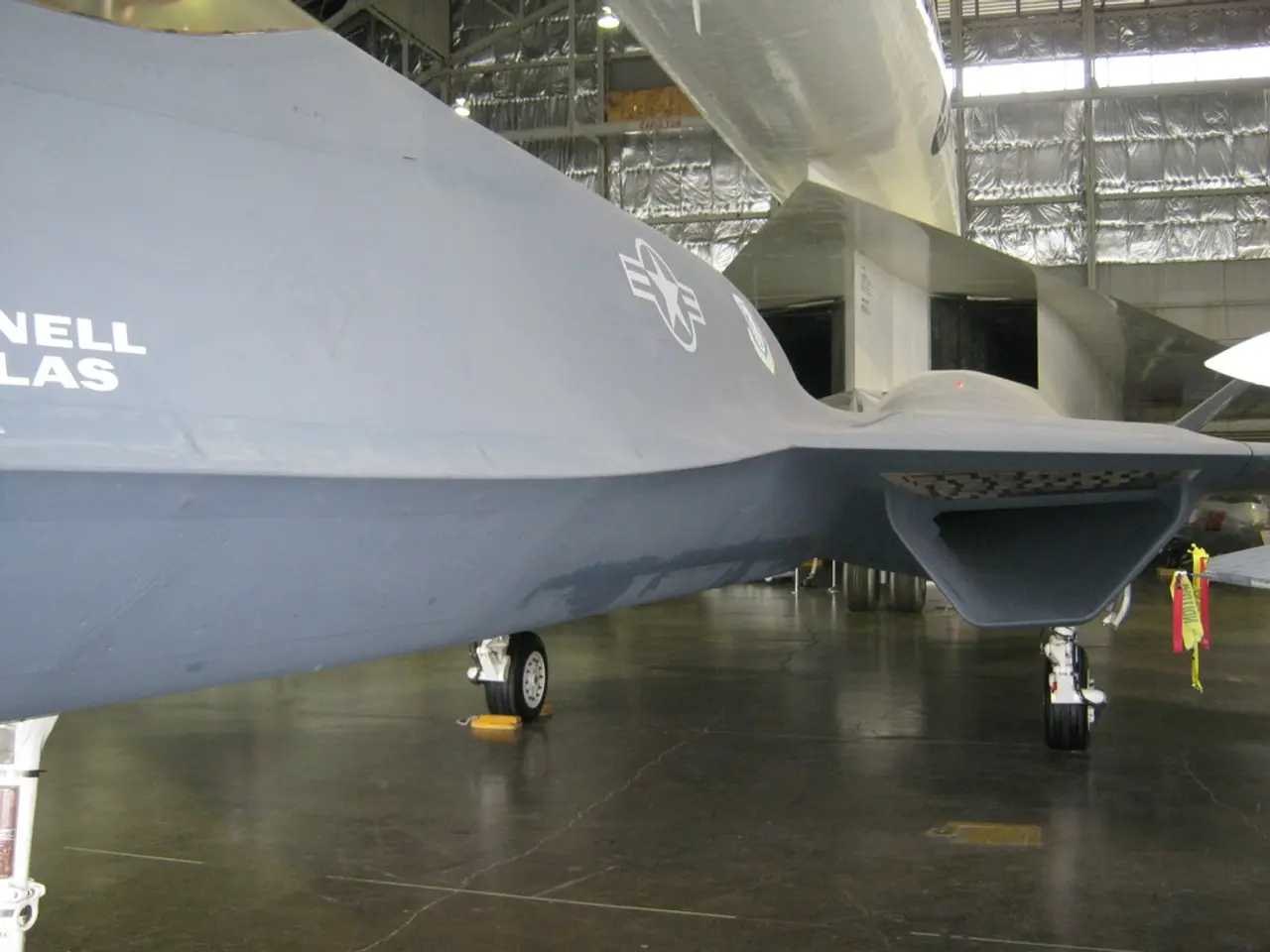Delta pilot detained in Sweden following affirmation of excessive alcohol levels
In a recent turn of events, a Delta Air Lines pilot was arrested in Stockholm after failing a breathalyzer test, leading to the cancellation of Flight DL 205 from Stockholm to New York City. This incident has brought renewed attention to the strict alcohol rules for pilots in the European Union.
The flight, scheduled to depart from Arlanda Airport at 10 am and arrive at JFK at around 1:00 pm local time, was set to be operated by a Boeing 767-300 aircraft, capable of seating around 269 passengers.
The European Union Aviation Safety Agency (EASA) introduced Regulation 2018/1042, which requires random alcohol testing for flight and cabin crew operating from EU member states. This regulation enforces a blood alcohol limit of 0.02 for pilots, much stricter than the usual legal driving limits. Random breathalyzer tests are conducted in accordance with this regulation.
The change was driven by safety concerns, ensuring pilots operate without alcohol impairment. High-profile incidents, such as the one in July 2025, have highlighted the enforcement of these regulations. In such cases, even minimal alcohol consumption before flying is prohibited.
If found guilty of a "normal violation", the pilot might have to pay a fine or face imprisonment for six months. However, if the blood alcohol level is particularly elevated, a custodial sentence of two years could be imposed.
Delta Air Lines has apologised for the disruption caused by the cancellation and is working to get passengers to their destinations as soon as possible. The company is cooperating with Swedish law enforcement in response to the incident.
It's important to note that the European Union's rule 261 sets compensation at around $705 (just over €600) per person for flight cancellations. The amendment to Regulation (EU) 965/2012, which enforces alcohol tests, was only brought into force in 2021 due to delays caused by the COVID-19 pandemic.
This incident serves as a reminder of the stringent alcohol rules for pilots in the European Union and the consequences of violating them. As the aviation industry continues to evolve, it's clear that safety remains a top priority.
- The European Union Aviation Safety Agency (EASA) has introduced strict alcohol rules for pilots, as highlighted by the recent incident involving a Delta Air Lines pilot in Stockholm.
- In accordance with these regulations, random breathalyzer tests are conducted on flight and cabin crew operating from EU member states, enforcing a blood alcohol limit of 0.02 for pilots.
- Changes to the rules were driven by safety concerns, ensuring pilots operate without alcohol impairment, and high-profile incidents, such as the one in July 2025, have emphasized their importance.
- If found guilty of violating these rules, the pilot might have to pay a fine or face imprisonment for up to two years, depending on the severity of the infraction.
- This incident also brings attention to the passanger's rights including compensation of around $705 (just over €600) per person for flight cancellations, as outlined in the European Union's rule 261.






